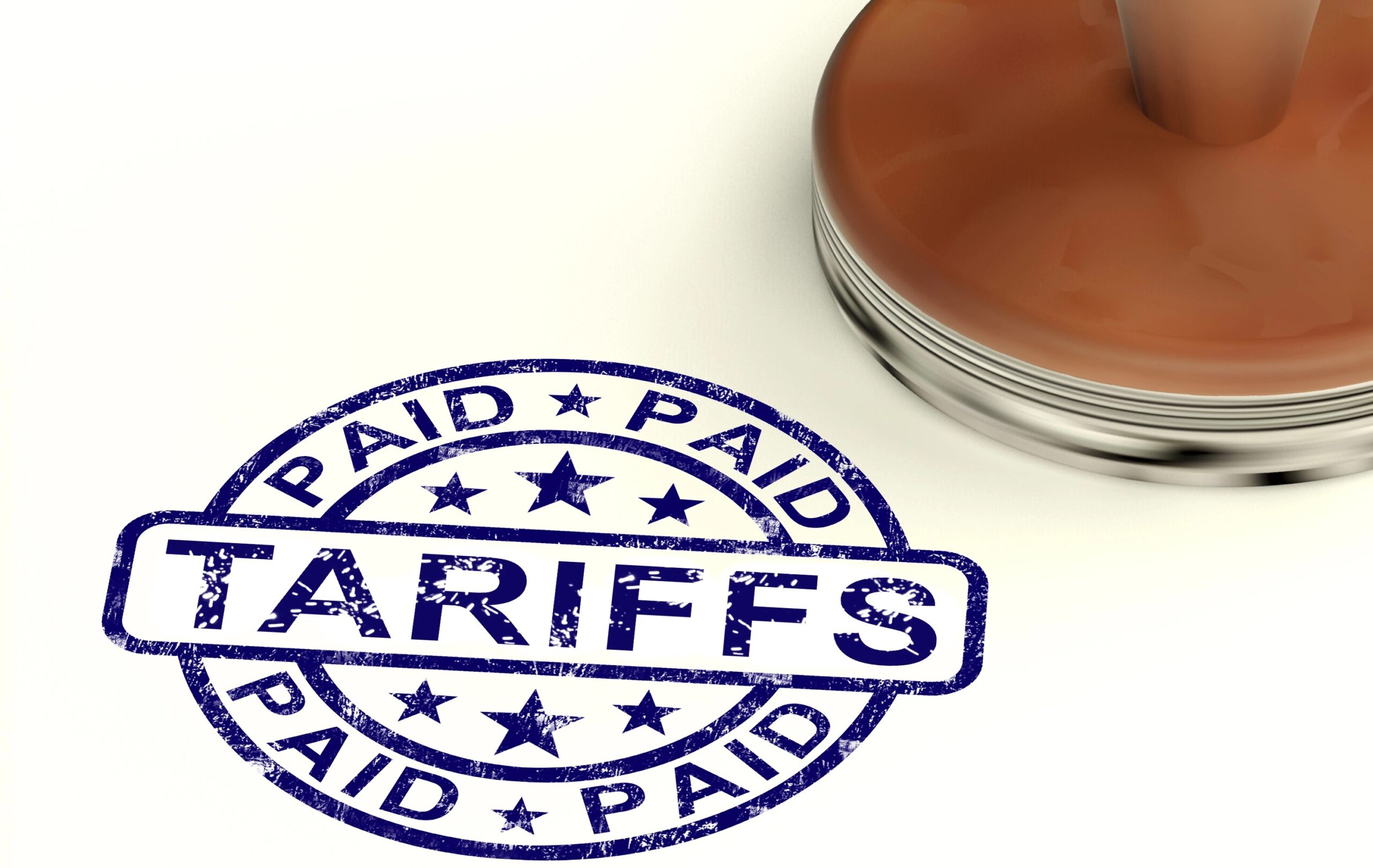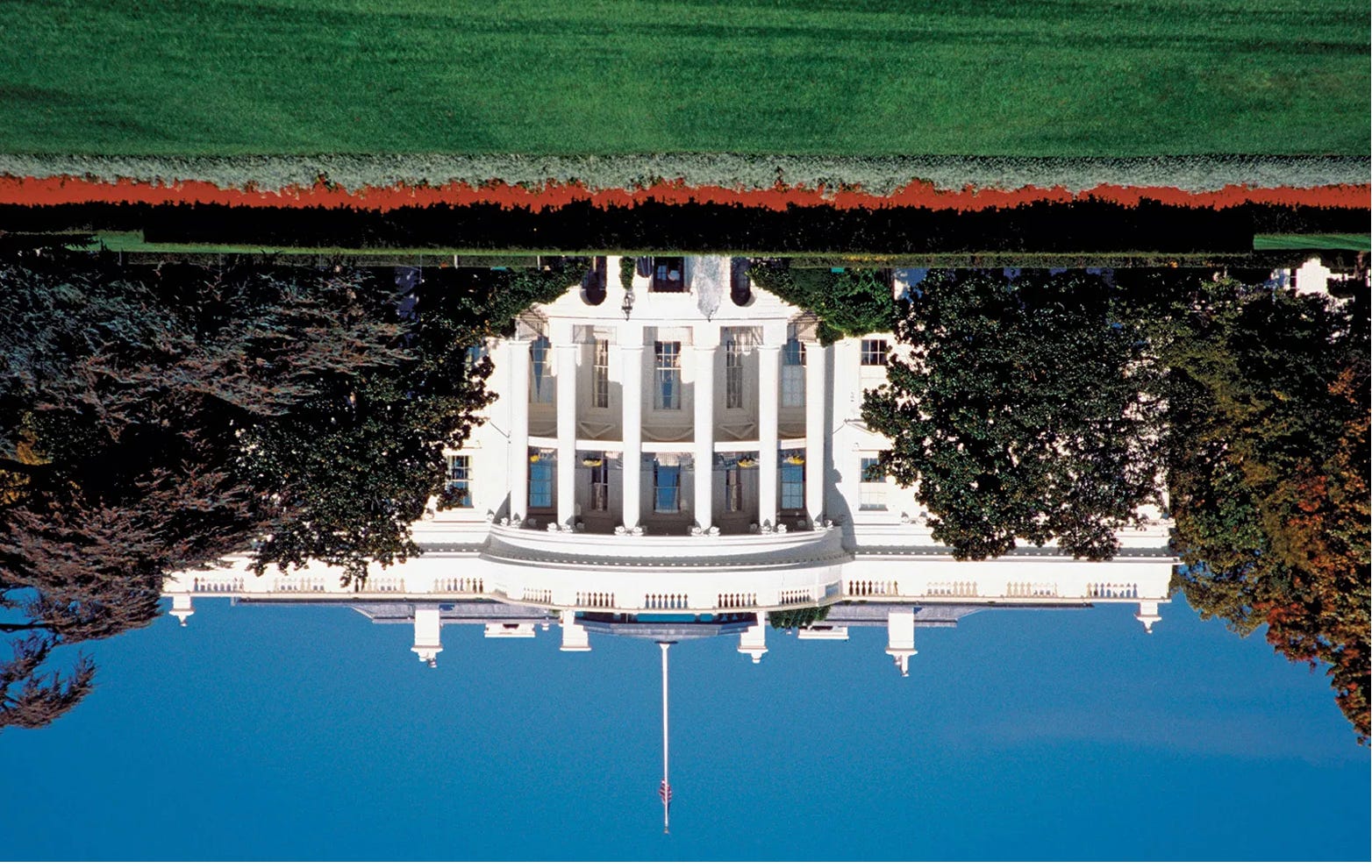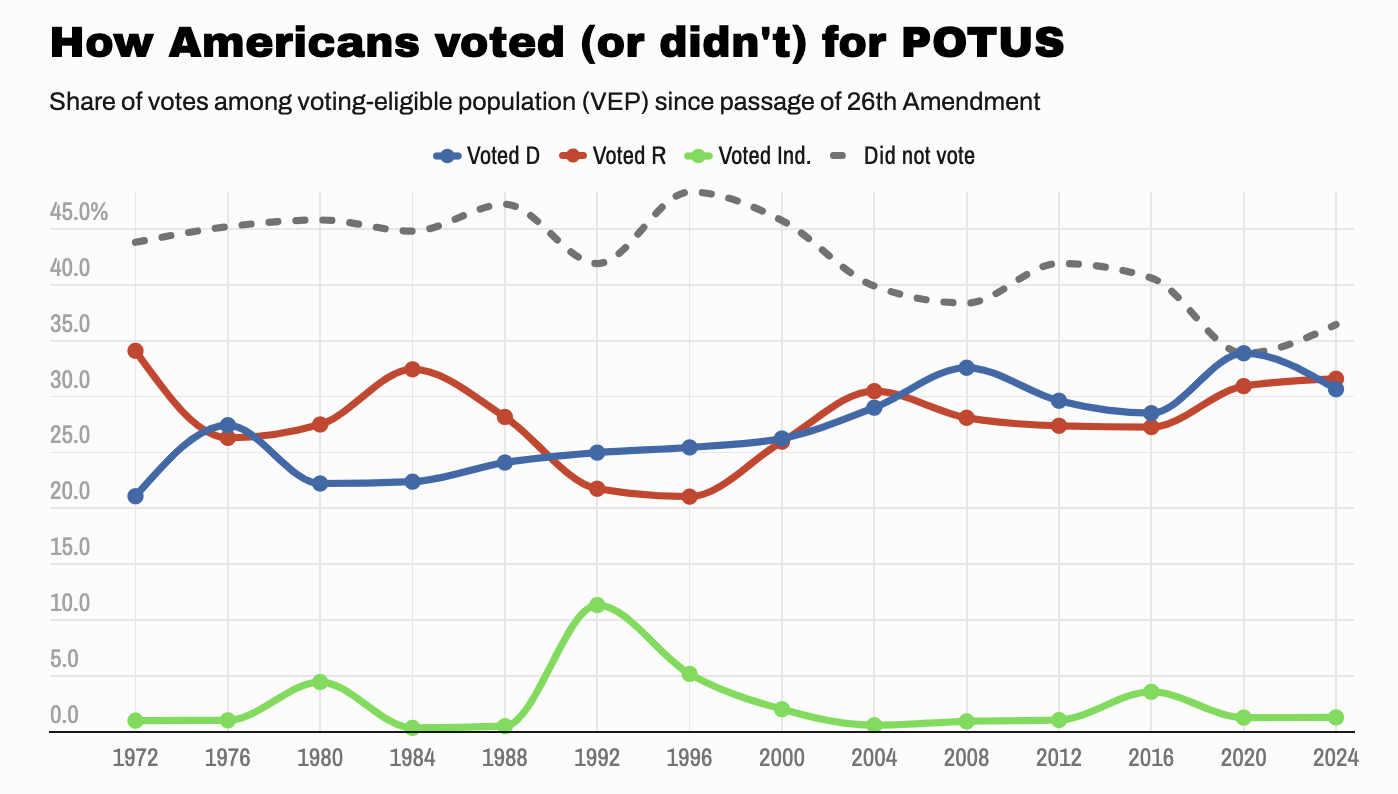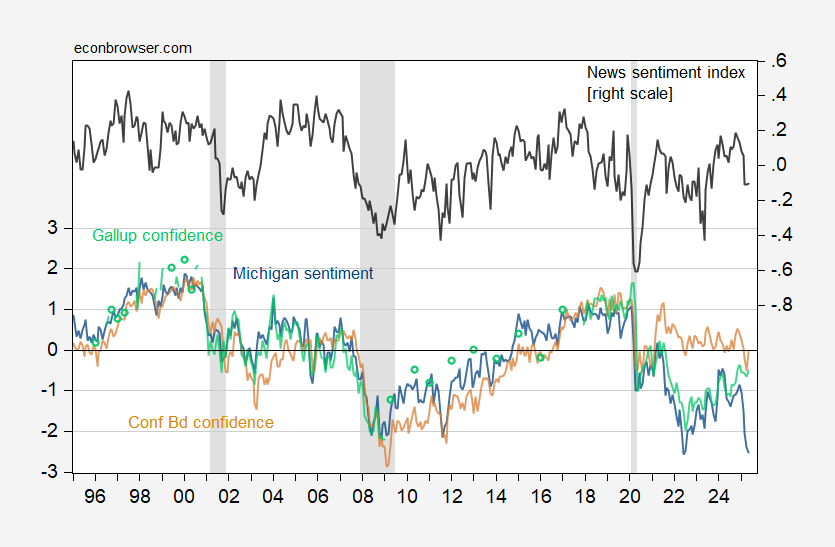
2581. Anyone can use AI chatbots to 'vibe code.' Could that put programmers out of a job?
John Ruwitch discusses how AI-driven "vibe coding" allows anyone to create software without programming skills, raising concerns about job security for programmers.















